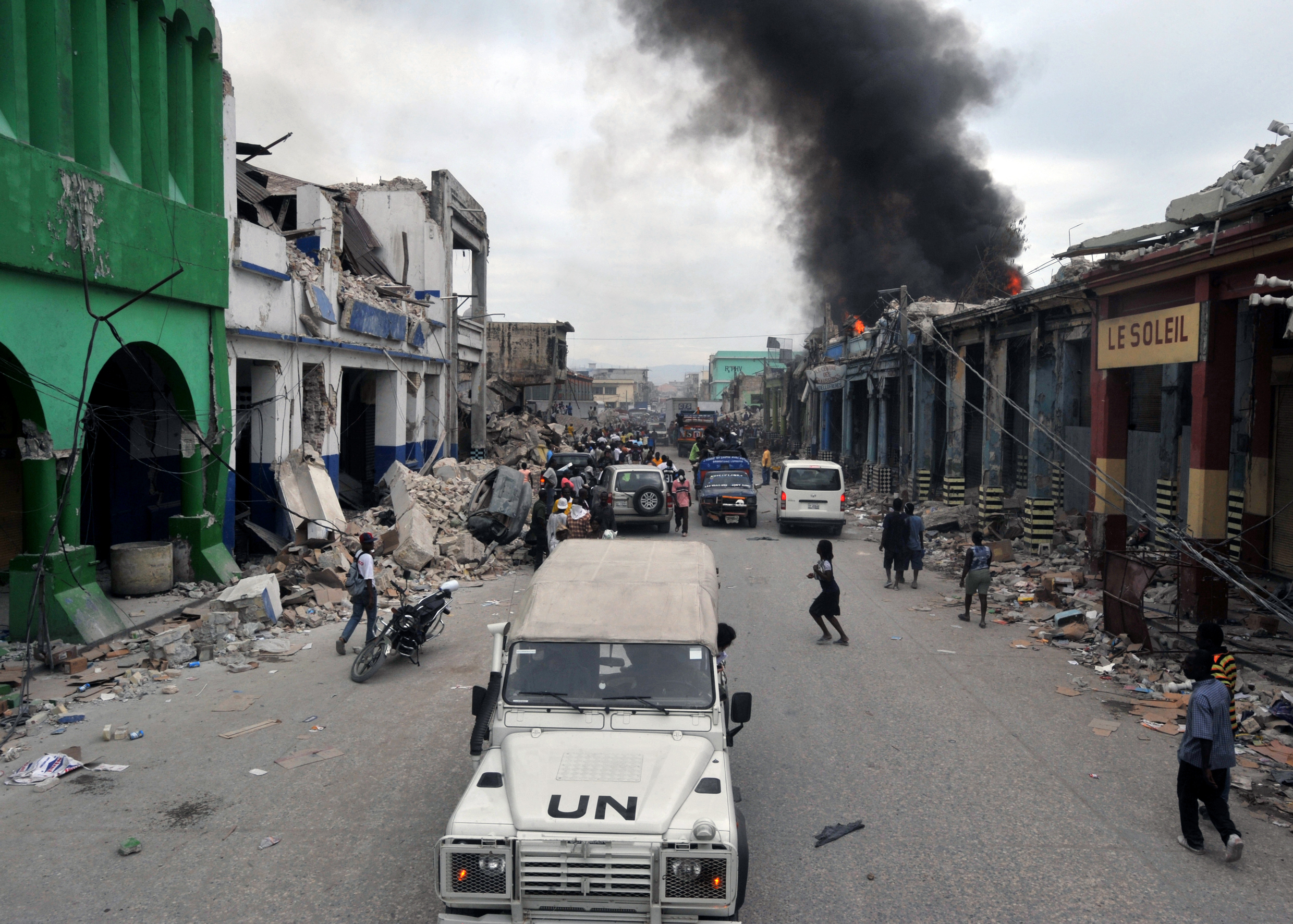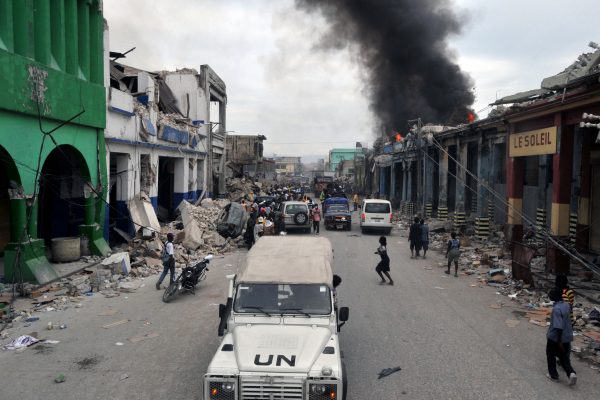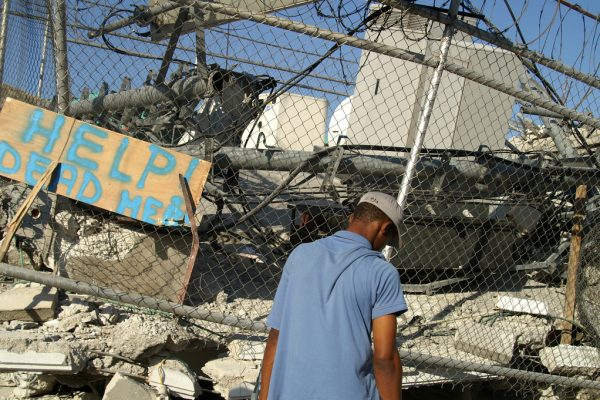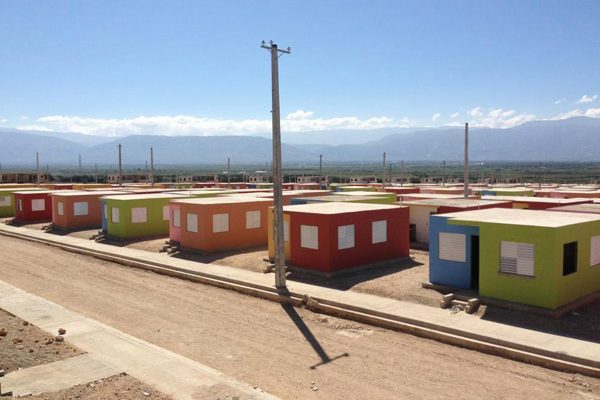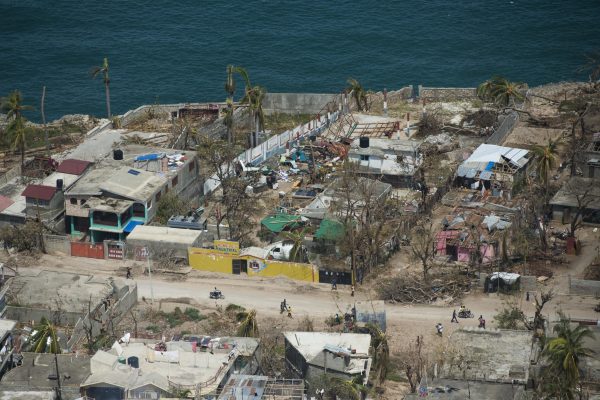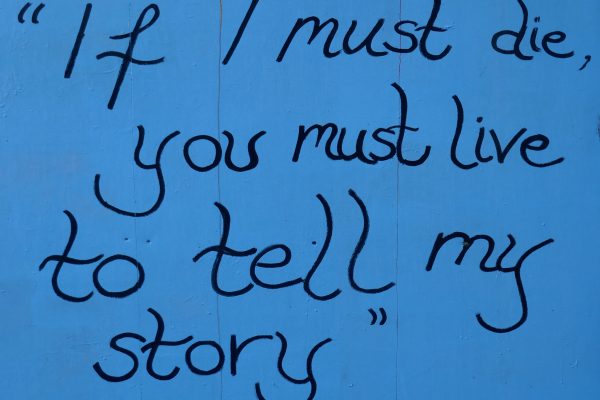Today marks one week since a devastating earthquake hit Haiti, with latest figures estimating that 2,000 people died and more than 10,000 were injured. This occurred just eleven and a half years after a quake of a similar magnitude traumatized the country, and five years after Hurricane Matthew left 1.4 million in need of humanitarian assistance due to crop loss, cholera, and flooding and infrastructure damage.
But these catastrophes are not solely “natural,” as Junot Díaz reminds us, “they are always made possible by a series of often-invisible societal choices.” Whether it was Haiti’s early history as a French colony or the United States siphoning away 40 percent of the country’s income, the world has “done its part in demolishing Haiti” and implicated more than just those drowned or buried in rubble.
Indeed, even as Haiti tried to rebuild after 2010, the damage inflicted by the international community did not end. As Jake Johnston notes in his damning essay on how disaster relief became a disaster of its own, little of the $10 billion donated to Haiti was actually used in its reconstruction. “This is, sadly, another chapter in a long history of poverty perpetuated by outside powers,” he writes. “Bureaucracy, internecine quarrels, moneyed lobbying, waste and inefficiency—these are not monopolies of poor, ‘developing’ countries such as Haiti. They are the problems of the United States and its foreign aid complex.”
We also want to acknowledge the ongoing situation in Afghanistan where, like Haiti, U.S. intervention has had catastrophic consequences. Readers can expect more on Afghanistan in the coming weeks as we start to roll out our special coverage of the War on Terror for the twentieth anniversary of 9/11. But for now we have highlighted some archival essays and forums that critique the pursuit of counterinsurgency—and predicted its ineffectual conclusion. “The counterinsurgency efforts appear a tactically superior, yet more humane and culturally sensitive alternative to earlier U.S. strategies in Iraq and Afghanistan,” Nasser Hussain wrote for us in 2010. “But a deeper understanding requires a sense of history. And even a cursory review of that history reveals the colonial roots of contemporary counterinsurgency theory and practice.”
Four years after the devastating earthquake in January 2010, despite billions of dollars in aid, the housing crisis persists.
Washington Post reporting exposed that U.S. operations in Afghanistan were horribly mismanaged, but even a well-run mission would have been doomed to fail.
Jonathan Katz has written the book about the Haitian earthquake. How does he contextualize the tragedy in the country's history?
The inescapable truth is that “the world” never forgave Haiti for its revolution, because the slaves freed themselves.
Forum
Counterinsurgency doesn’t make sense. It asks soldiers, concerned primarily with survival, to be Wyatt Earp and Mother Theresa.
I went back to Haiti on August 15, a year and a half after the earthquake. The place where I had lived on and off since the summer of 1970 was unrecognizable. But the politics were familiar.
In the aftermath of the devastating 2010 earthquake, an anthropologist reflects on his fieldwork in Haiti fifty years earlier.
A more complete, bottom-up picture of the role sailors and Black political actors played in making the Atlantic world.
